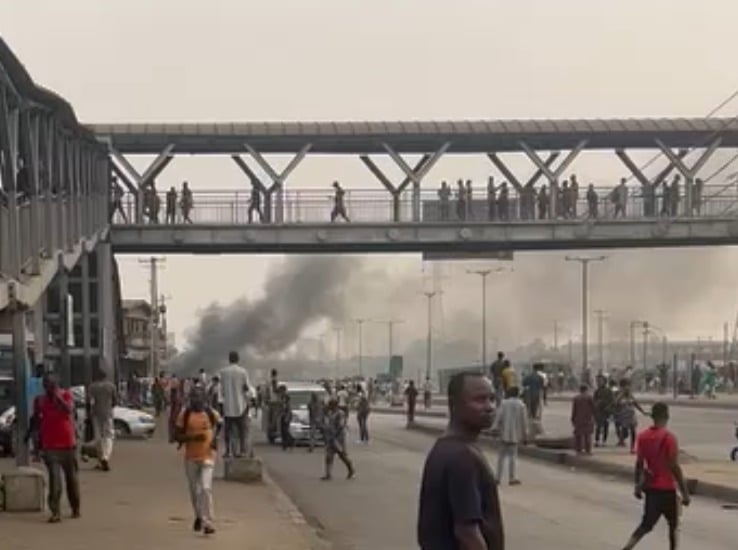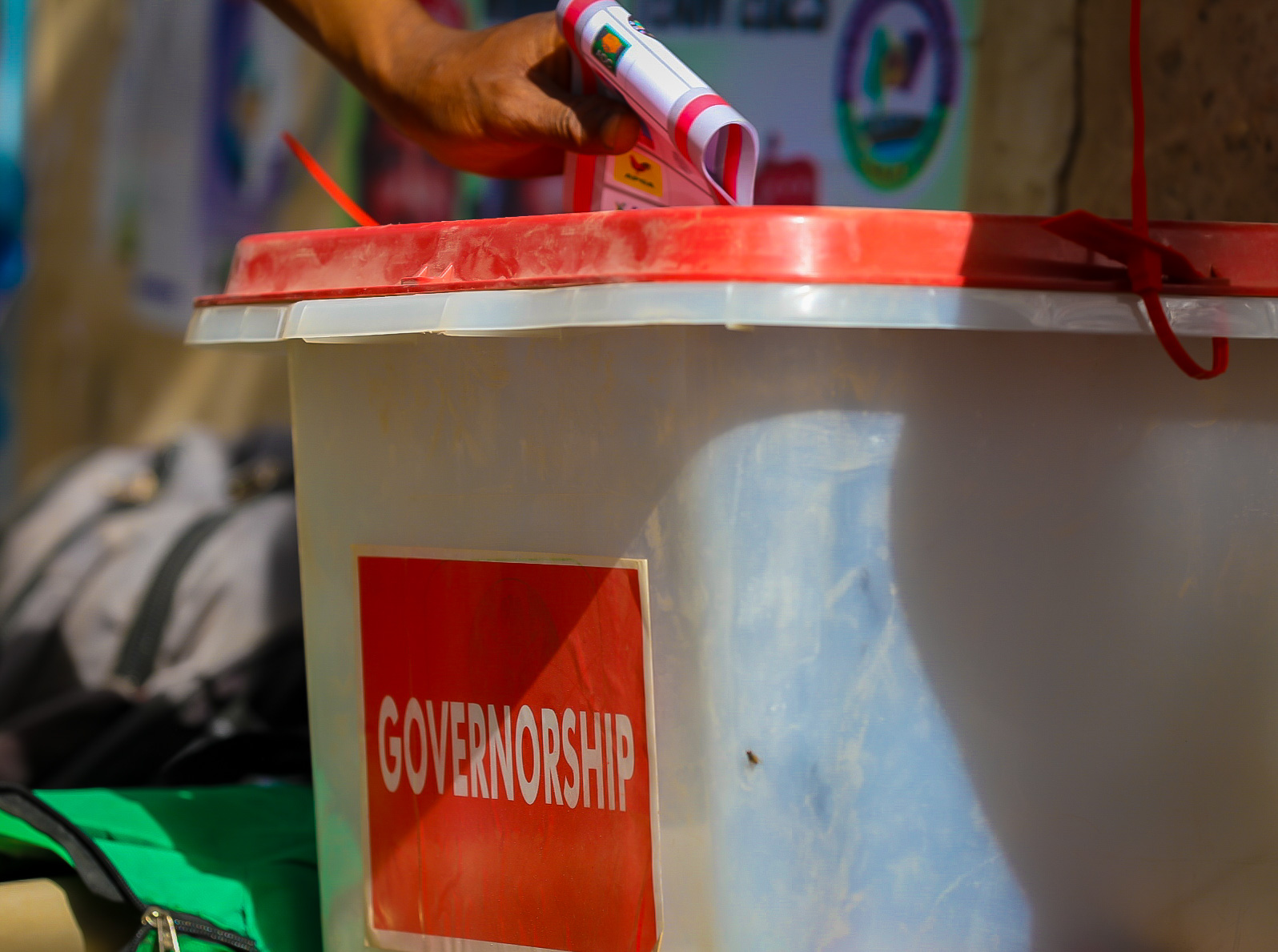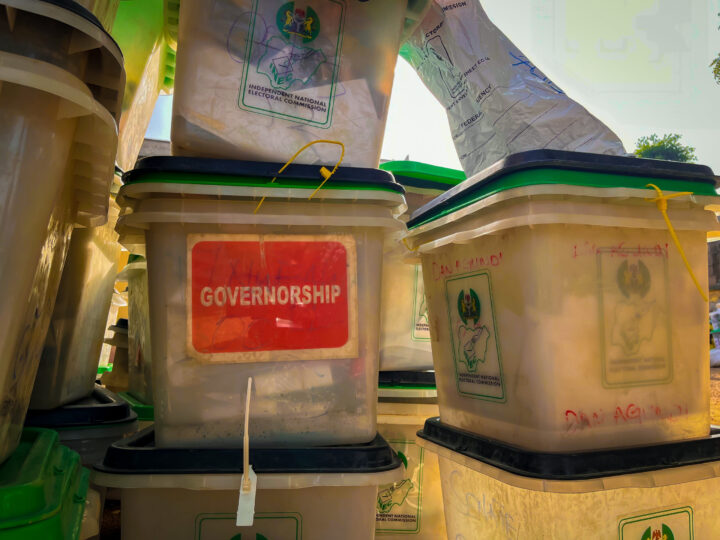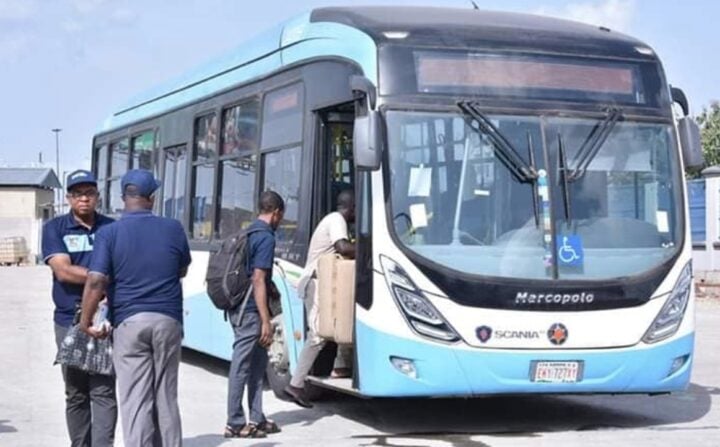BY BAYO OLUPOHUNDA
On March 18th 2023, another chapter in the orgy of violence that had defined Nigeria’s political history unravelled across the country. Political thuggery, violence and voter intimidation which have been the bane of Nigeria’s elections since the country began experimenting with democratic governance since Independence reared its ugly head yet again. As the dawn breaks on the day of the gubernatorial and assembly elections gangs of armed political thugs took to the streets and headed straight to the polling units, unleashing a reign of terror on Nigerians who had gone out to exercise their democratic rights. For Nigerians who are old enough, the thuggery and voter intimidation of March 18th was nothing new. It was reminiscent of the violence that had blighted previous elections and truncated democracy.
In Nigeria, politics and violence are siamese twins.
Indeed, no election conducted since 1959 has been violence-free. The violent events of March 18th had a precedent. In 1964, disagreements among politicians led to the infamous Wild Wild West when the Western region erupted in violence. That election also witnessed thuggery and voter intimidation which later led to a bloody coup in January 1966. In 1983, massive rigging and thuggery by politicians led to violence in places like Ondo state where the late Akin Omoboriowo of the National Party of Nigeria was declared winner. Aggrieved supporters of Adekunle Ajasin’s Unity Party of Nigeria went on rampage. The late Obafemi Awolowo was the presidential candidate of the UPN.
Advertisement
In 1993, the annulment of the election by Ibrahim Babangida which MKO Abiola won in a landslide led to widespread violence. The 2003, 2007 and 2011 elections were characterised by thuggery, massive rigging, voter intimidation and violence. In the 2011 election when the incumbent President Muhammadu Buhari lost to Goodluck Jonathan, the violent aftermath led to more than one thousand deaths and about 65, 000 Nigerians displaced in the north.
One major feature of these violent elections is how ethnicity and religion played a destructive role as politicians struggle for dominance, power and control of the nation’s resources. So when gangs of political thugs armed with dangerous weapons took to the streets and headed to polling units on March 18th during the governorship elections, they were only continuing the bloody history that had defined our elections.
In Lagos, videos of violence perpetrated by political thugs who prevent voters from exercising their democratic right dominated social media. Political thugs were seen in videos specifically preventing those they perceived as from Igbo ethnic group from casting their votes. In some polling units, other Nigerians who the thugs labelled Igbos but insisted they were Yorubas were not allowed to access their polling units. The disenfranchisement was meant to achieve one goal – prevent voters who may vote against the incumbent governor and the All Progressives Congress candidate, Babajide Saanwo-Olu, from exercising their democratic rights. There were reports that several people were injured and one person shot dead.
Advertisement
Indeed, the ethnic and violent rhetoric in the build-up to the election had generated a lot of tension among the political gladiators in the state and across the country. In Lagos, before the polls, tension had built up among supporters of the APC and Labour Party. The LP governorship candidate, Gbadebo Rhodes-Vivour, had been at the centre of ethnic slurs as his opponents attempted to cast him as an Igbo candidate by using his Igbo heritage to create division and cast him as not Yoruba enough.
His Igbo name ‘Chinedu’ became the subject of ethnic baiting and slurs. The supporters of the APC said by virtue of the Labour Party’s candidate’s mother being Igbo, he is not qualified to be the governor of Lagos. To them, it doesn’t seem to matter that Gbadebo Rhodes-Vivour has a Yoruba father with a long history in Lagos. On social media, influencers and paid vuvuzelas of both political parties hurled ethnic slurs at one another and even attempted to drag both ethnic groups into their political war.
As the social media war rages, politicians also continue the political war in campaign rallies and in their public engagements. The Igbos were asked to go back to Anambra to vote. The deputy governor of Lagos, Babafemi Hamzat, said APC developed Lagos, Peter Obi of Labour should campaign in Anambra. The chairman of Lagos Parks and Gardens was caught on video making inflammatory remarks about Igbos but denied them as a joke.
The die was cast.
Advertisement
The violence on the day of the election was a culmination of months of ethnic rhetoric that had dominated the 2023 elections. However, the thuggery and voter intimidation was not peculiar to Lagos alone. In several states across the country, where the governorship elections were held, violence was deployed to intimidate voters. In Kano, Rivers, and some states in the south-east, violence was the order of the day.
But Lagos seems to stand out because of the ethnic angle to the election.
Largely, the voting pattern of the Igbos in Lagos was the backdrop to what happened on March 18. The controversial statement that “Lagos is a no-man’s land” fueled by opposition influencers in the state also contributed to an already charged atmosphere that was exploited to sow more seeds of discord even when it had been agreed that Yoruba are indigenous to Lagos. Recall that during the February 25 presidential election when Peter Obi defeated Tinubu, it was thought that Igbo residents voted against the candidate of the All Progressives Congress. The attempt to prevent another defeat seems to have heightened tension
As the curtains were drawn on the 2023 elections with the conclusion of the governorship election and state assembly elections, one of the unfortunate aftermaths is how the power struggle by politicians have stoked ethnic tension and division between the Igbo and Yoruba ethnic groups in the state. The narrative is that the events of March 18 were Yoruba against Igbo; that Yoruba hates Igbo. Nothing can be further from the truth.
Advertisement
While it may serve the agenda of politicians to push the Yoruba versus Igbo narrative, the ethnic rhetoric, thuggery and voter intimidation were purely a political affair and should be seen as such. Those who believe otherwise and are asking the Yoruba ethnic group to apologise to Igbos for the violence are either naive, mischievous or lack a sense of Nigeria’s contemporary political history. In Nigeria, politics and power struggles have always been an interplay of ethnicity and religion. Politicians often exploit our fault lines by whipping up ethnic and religious sentiments in their quest for power.
Thuggery has also been used by politicians across the country by politicians. The late Chief LamidI Adedibu was known to have armed thugs that enforced his demands on politicians. The point being made is that painting electoral violence as ethnic seriously misses the point. But this is exactly what the politicians wanted to achieve. Unfortunately, those who should know better are helping push this agenda when it is the dangerous ethnic rhetoric of politicians and their supporters that have fueled the narrative.
Advertisement
Those who have been pushing the narrative that the Yoruba ethnic group should apologise for political thuggery which prevented Igbos and even some Yorubas and other ethnic groups from voting in Lagos lack a sense of history about contemporary politics and the interplay of thuggery, politics and democracy in the context of power struggle in Nigeria.
They are also driven by bigotry and mischief against the Yorubas. Political violence – voter intimidation and ballot snatching – are crimes punishable by Nigerian laws. Political thugs and their political paymasters should be held accountable. It has nothing to do with the Yorubas, who are reputed as the most accommodating, tolerant, and liberal ethnic group in the country.
Advertisement
Views expressed by contributors are strictly personal and not of TheCable.






